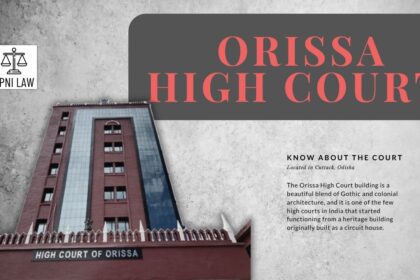Code:
If an offence is committed by any member of an unlawful assembly in prosecution of the common object of that assembly, or such as the members of that assembly knew to be likely to be committed in prosecution of that object, every person who, at the time of the committing of that offence, is a member of the same assembly, is guilty of that offence.
Explanation:
This section holds individuals responsible for offences committed by an unlawful assembly, even if they didn’t directly participate in the crime. It states:
“If an unlawful assembly is formed for the common object of committing an offence, and any member of such assembly commits an offence in prosecution of that object, every member of the assembly who knew of the object of the assembly, and intentionally aided or abetted the commission of that offence, shall be deemed to have committed that offence.”
Illustration:
Imagine a group of people gathers with the intention of damaging property. Even if only a few individuals actually cause the damage, every member of the group who knew about the intention and supported the gathering can be charged under Section 149.
Common Questions and Answers:
Q: What constitutes an unlawful assembly?
A: Section 141 of IPC defines an unlawful assembly as a gathering of five or more persons with a common object that is illegal or likely to cause a disturbance of the peace.
Q: What is a ‘common object’?
A: It’s the shared intention or purpose behind the assembly. It could be to commit a crime, cause public unrest, or disrupt law and order.
Q: What does ‘intentionally aided or abetted’ mean?
A: It implies that the individual actively supported the assembly’s objective, even if they didn’t directly participate in the crime.
Q: Can someone be charged under Section 149 even if they didn’t know about the specific crime committed?
A: Yes, if they were aware of the assembly’s common object and intentionally supported it, they can be held accountable for the crime committed in its pursuit.







